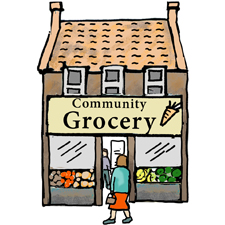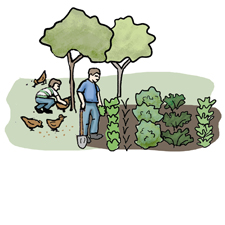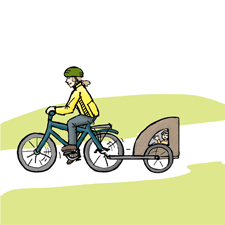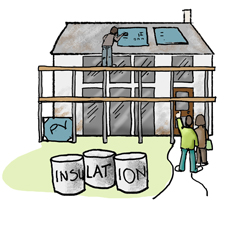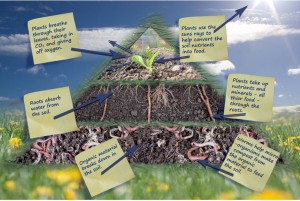 The Household Food Waste Project was launched as ‘Worms Work’. A website was set up at http://ourlocality.org/wormswork and other information material/resources were developed.
The Household Food Waste Project was launched as ‘Worms Work’. A website was set up at http://ourlocality.org/wormswork and other information material/resources were developed.
Local larch was sourced and milled for the first batch of worm boxes, a worm breeding unit researched and established, household food waste audit forms developed and meetings held to launch the project, initially with East Linton Primary School where we also employed Changeworks to run a ‘Finish your Food’ food waste reduction session and activities for the whole school. Wormeries were subsequently established at each of the local primary schools, Stenton, Innerwick, West Barns and Dunbar. Each school was given a presentation on the food waste stream, the importance of waste reduction and nutrient recycling, the role of worms etc. as well as detailed training and support on how to manage a wormery successully and how to use it to support the Curriculum for Excellence. Each child took home a food waste audit form to facilitate recording of household food waste stream including description and weight. The wormbox was a popular draw at events such as school spring fairs, village horticultural shows, Neighbours Together gatherings and Dunbar Science Festival which were used to publicise the project.
Support and training was also given to Household Canny Challenge participants where requested and a number of workshops held for Neighbours Together groups and at village gatherings. A graphic leaflet on wormery care with instructions and FAQ’s was developed.
Trials of a hot composter to pre-compost material and speed up processing by worms enabling larger quantities of waste to be handled, possibly by a school kitchen are ongoing.
